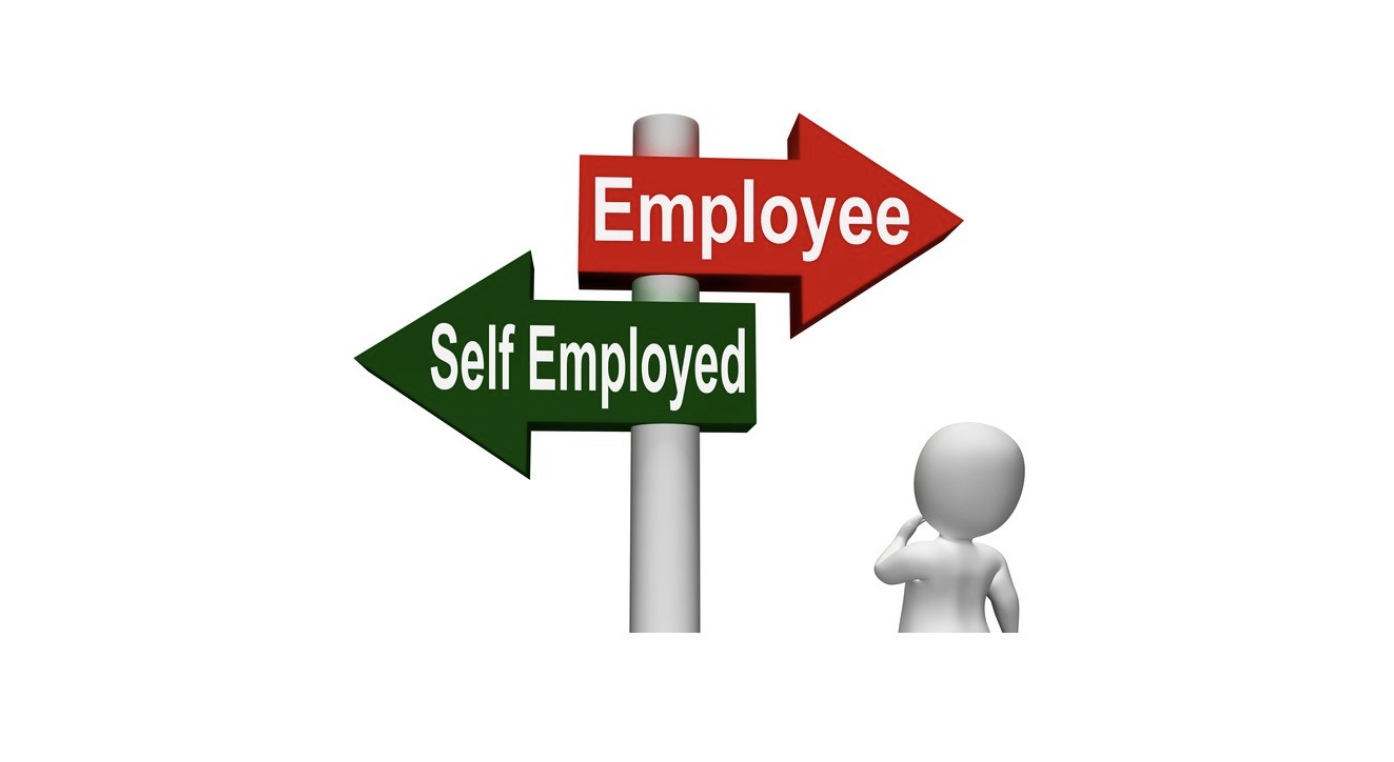DIY vs. Legal Representation: Weighing the Pros and Cons of Hiring a Lawyer for Social Security Disability Benefits in Redding

Seeking disability benefits without representation poses numerous obstacles that diminish approval likelihoods, extend determination timeframes, and increase procedure missteps. That’s no different when it comes to applying for disability benefits in Redding. Still, factors like case simplicity, restricted finances, or access barriers may compel solitary pursuit. Carefully weighing core tradeoffs allows informed self-advocacy.
Contents
The Disability Benefits Process
Grasping the multi-stage approval gauntlet informs claimant self-sufficiency evaluations. Hallmarks include:
Initial Application – Extensive forms detailing medical/work histories and precise disability descriptions. Any gaps risk swift denials.
Reconsideration Requests -These are mandatory appeals via written disagreement with rationales provided in initial letters of denial. Additional evidence should accompany the documents.
Administrative Hearings – In-person review meetings with adjudicators allowing oral arguments or questioning from judges regarding disabilities interfering with work capabilities despite treatment attempts. Approval odds at hearings remain very low without representation.
Federal Appeals – Final denial challenges are submitted to Social Security’s own appeals council branch, which evaluates proper procedure application in cases based on existing disability determination guidance.
The process tests even experienced lawyers needing more meticulous documentation, procedural discipline, and longitudinal insights on favorable case law precedents – factors that dramatically increase the odds of disability benefits approvals in Redding versus solitary pursuit.
Pros and Cons of the DIY Approach
Pros of DIY
Cost savings by avoiding legal fees
Avoiding contingency fee payments through representation by solo completion retains higher benefit percentages following approvals.
Control over the process and decisions
Submitting self-guided applications affords precise language tailoring disability descriptions and emphasizing supporting case specifics.
Personal involvement and familiarity with the case details
Completing all documentation and process intricacies intimately provides clarity on case facets to target as leverage if seeking assistance on appeals later when denials happen.
Cons of DIY
Lack of legal expertise and knowledge of disability laws
Pinpointing applicable statutes of limitations, law standards specific in Redding, and procedures critical for positioning the most compelling disability arguments requires skills and experience cultivated only over years of specialization most claimants lack.
Risk of making mistakes or missing important deadlines
Recent analysis shows that 65% of represented SSDI claims secure approvals versus 35% without legal counsel. Leveraging an experienced disability law professional in Redding more than doubles favorable outcomes through expertise.
Potential delays and complications in navigating the process
Missing strict deadlines for appeals or hearing requests can risk abandoning the entire claims process. Solo appellants also struggle to react quickly to denial rationales with supplementary medical proofs given intricate Social Security verification rules in Redding on new exam and assessment documentation.
Pros and Cons of Hiring a Lawyer
Pros of Hiring a Lawyer
Legal expertise and knowledge of disability laws and procedures
Pinpointing applicable statutes of limitations, case law standards, and procedural technicalities critical for positioning the most compelling disability arguments in form sets represents a specialized skill cultivated through years of expertise.
Guidance throughout the process, from application to appeals
Increased chances of approval and timely resolution of claims
Cons of Hiring a Lawyer
Cost associated with legal fees
While most disability lawyers work on contingency, initial retainers for case filing and small percentages of any lump sum back payments awarded still represent costs claimants must account for in tight budgets. However, these ultimately prove worthwhile, given the odds of approval.
Dependence on the lawyer’s availability and communication
Relying on third-party availability could cause delays if attorneys poorly communicate the next steps or requests for supplemental materials to further bolster cases. Ensure retaining agreements specifying reasonable response terms.
Potential for disagreements or misunderstandings
Lawyers may advise particular arguments or medical procedures claimants disagree with based on their understanding of disabilities. Hashing out a case strategy aligned with claimant priorities remains pivotal early on to prevent irreparable disputes that undermine representation.
Factors to Consider in Decision-Making
Certain case and claimant circumstances warrant third-party legal guidance, securing higher approval potential despite costs:
Complexity of the Case
The co-occurring condition impacts, treatment gaps, or multidisciplinary care teams confuse disability timelines and origin factors during documentation without direction.
Personal Comfort and Confidence
Navigating simultaneous claims like SSDI and SSI requires an acute awareness of how one program’s benefits calculation affects the other to prevent unfavorable allowances.
Time and Resources
If multiple past application attempts are met with swift rejection, specialist assistance proving updated disability manifestations is essential. For cases exhibiting one or more of the above and when financial access proves possible, a Redding disability lawyer’s expertise with proven approval records promises a significant advantage.
Conclusion
The decision between independent and represented Social Security Disability claims remains highly circumstantial. Optimal paths depend on case complexity, confidence in managing intricate administrative appeals, and financial considerations around legal fees that improve approval odds substantially. Regardless of the direction chosen, understand processes fully from the outset and seek counsel if encountering denial rationales that are opaque or discouraging. Whether through third parties or communities offering camaraderie, don’t undergo the disability determination gauntlet alone. Support makes strides lighter.



